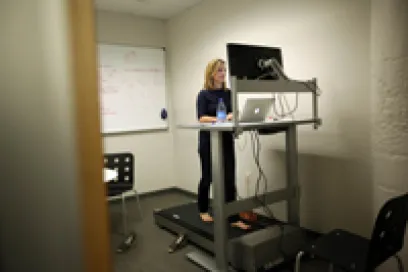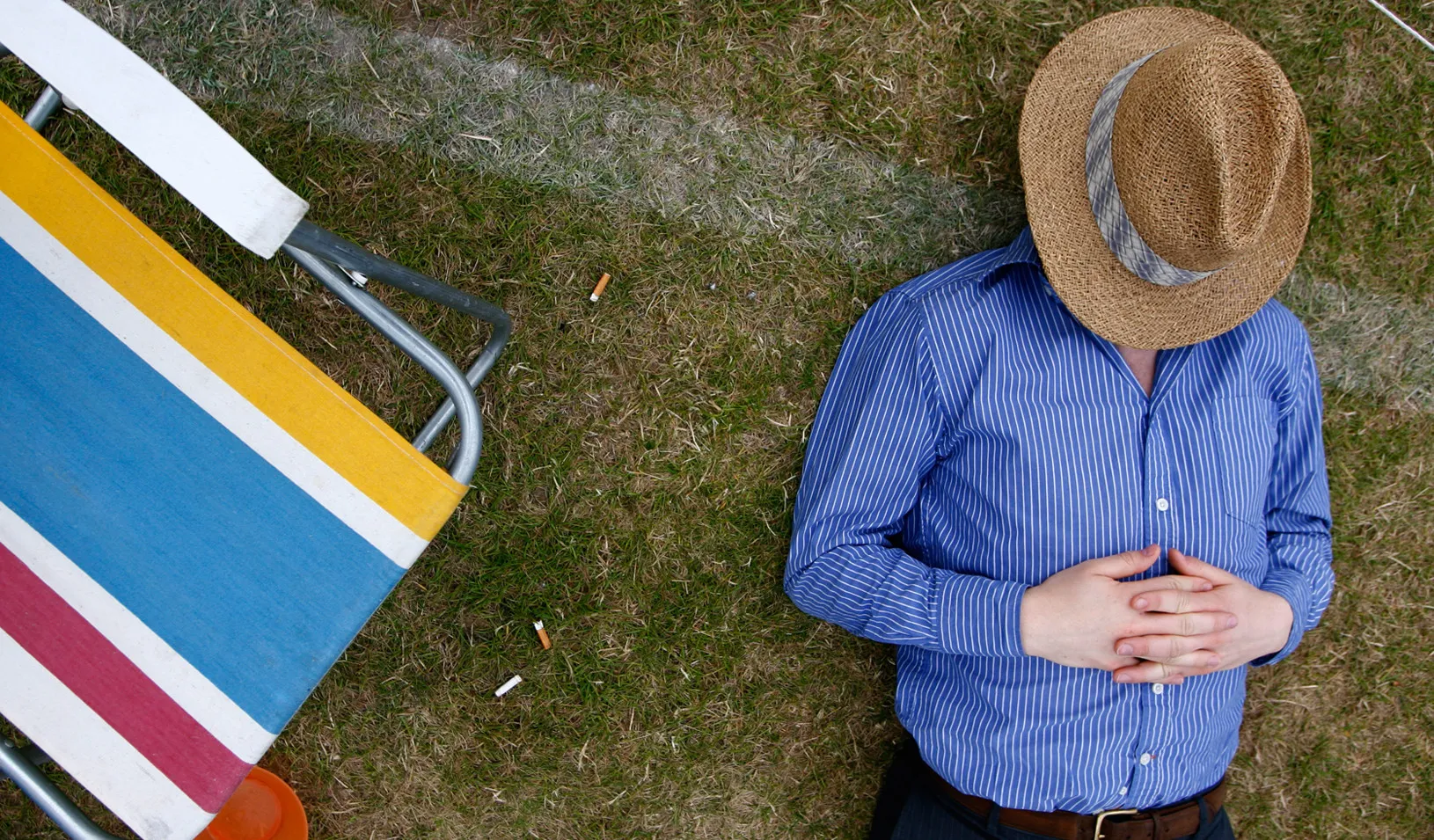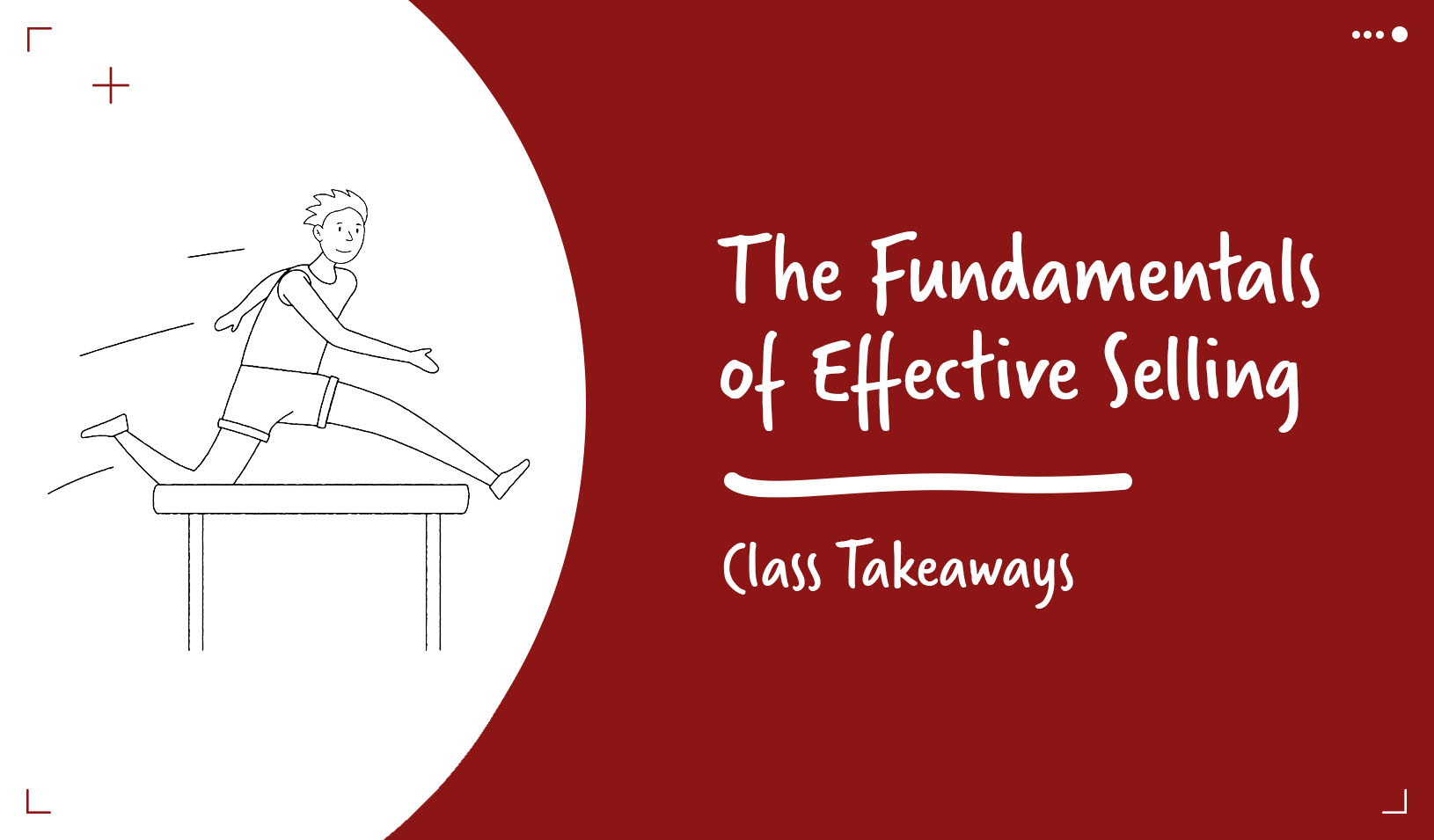It’s not just a stale platitude. If you want to be at peak performance, you have simply got to get a handle on your eating, sleeping, and dietary habits. This applies to business managers as well as Olympic athletes. Innovation in the workplace is fueled by good neurochemical balance in the brain. And this requires doing the right thing for your body.
The latest scientific research shows us that the brain operates along two different neural pathways. One pathway takes it from a state of high physiological arousal provoked by stress, where emotions like fear and anxiety abound, and attempts to move it to a place of comfort. Neurochemicals, such as cortisol, the “stress” chemical, and serotonin, the “calming” chemical, govern this pathway. The other pathway takes the brain from a condition of low physiological arousal — conditions like boredom and apathy — and moves it in the direction of excitement. A neuromodulator operating here is dopamine, the “stimulating” chemical. It provides the drive you need to get things done.
Because these two pathways are instinctively wired in the brain, stress dampens the ability to be creative. When you’re pressured or anxious, your brain is high on cortisol. It seeks safety, which means it will keep you focused on the beaten path. This is not the road to innovation. The right neurochemical cocktail for your best creative work is a high level of both serotonin and dopamine. This will produce a condition in which you are calm but energized. And what’s the best way to get that combination? A good night’s sleep.
In a typical night, you’ll dream only part of the time. This is called rapid eye-movement, or REM sleep. The last two phases of the non-REM portion of the evening occur when all the neuromodulators come back to normal levels. This is called “deep” or “restorative” sleep. Without a decent period of deep sleep — a minimum of 30 minutes, but up to 2 hours is good — your cortisol, or “stress” chemical level, will remain high, and that of serotonin, the “calming” chemical, low. And, unfortunately, we tend to lose out on deep sleep as we age.
So how do you know how much deep sleep you’re getting? Here’s where some of the latest technology can help. The Lark wristband, for example, tracks your sleep by monitoring how long your body is completely still — the sign that you are in the deep phase. Zeo produces a headband with electrodes that you wear at night to monitor your REM and non-REM periods. With a little getting used to, these kinds of devices can help you figure out where you are and where you need to go. When I started out, I discovered I was getting only 15 minutes of deep sleep a night. That had to change.
Most of us could use better sleep — particularly when we want to be innovative — and the best way to increase deep sleep time is to arrive in bed relaxed. Take a hot shower or bath beforehand. Don’t drink alcohol to wind down — drinking less than two hours before bed reduced deep sleep dramatically. Turn off all lights — and this includes the screens and buttons on any kind of electronic device.
In my case, the culprit was the seemingly harmless screen on my iPad. Light affects the pineal gland and tells you that it’s time to be awake. Eat a light meal in the evening, and conclude the meal at least three to four hours before retiring. Digesting a big meal affects sleep. And late nights are not a good idea either — especially before a day that will demand your creative attention. To put the serotonin and dopamine you’ve bumped up by morning to its best use in innovating in your organization, schedule morning meetings whenever possible. Consider using video conferencing instead of stressing your body by traveling to another time zone.

Diet also affects your neuromodulators. A high-protein breakfast is the best brain food. The proteins produced in the body from it are converted to the much-coveted serotonin and dopamine. A high- carbohydrate breakfast won’t have the same effect. Fortified with good sleep and food, be sure to get regular cardiovascular exercise. When the heart muscles start pumping faster they release a peptide that is considered to help produce serotonin. So, if you have an afternoon meeting, take 10 or 15 minutes for a brisk walk. Or, better yet, walk and talk. Steve Jobs, for example, regularly held “walking” meetings; Mark Zuckerberg does, too. Serotonin makes you more creative and productive. Incidentally, exercise can also improve the quality of your sleep.
Finally, a word about caffeine. Caffeine is a physiological arouser. It amplifies the emotion you are currently feeling. If you’re feeling motivated, it will help you. If you’re feeling stressed, it will simply make you feel agitated — and, again, that’s the last thing you want when you’re trying to innovate.
There’s no shortcut. The best way to “boost” the brain into its most creative and productive mode is to follow the ABCs of sleep, diet, and exercise, as outlined in this article.
For media inquiries, visit the Newsroom.






